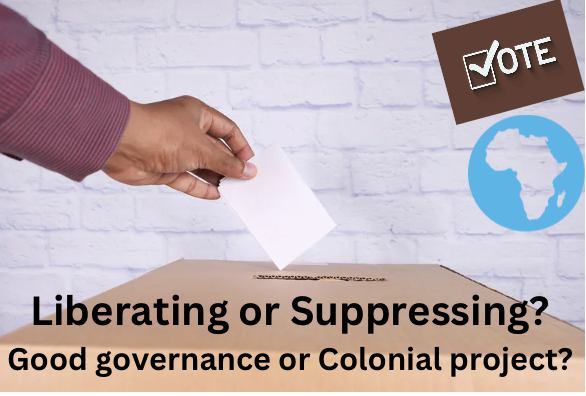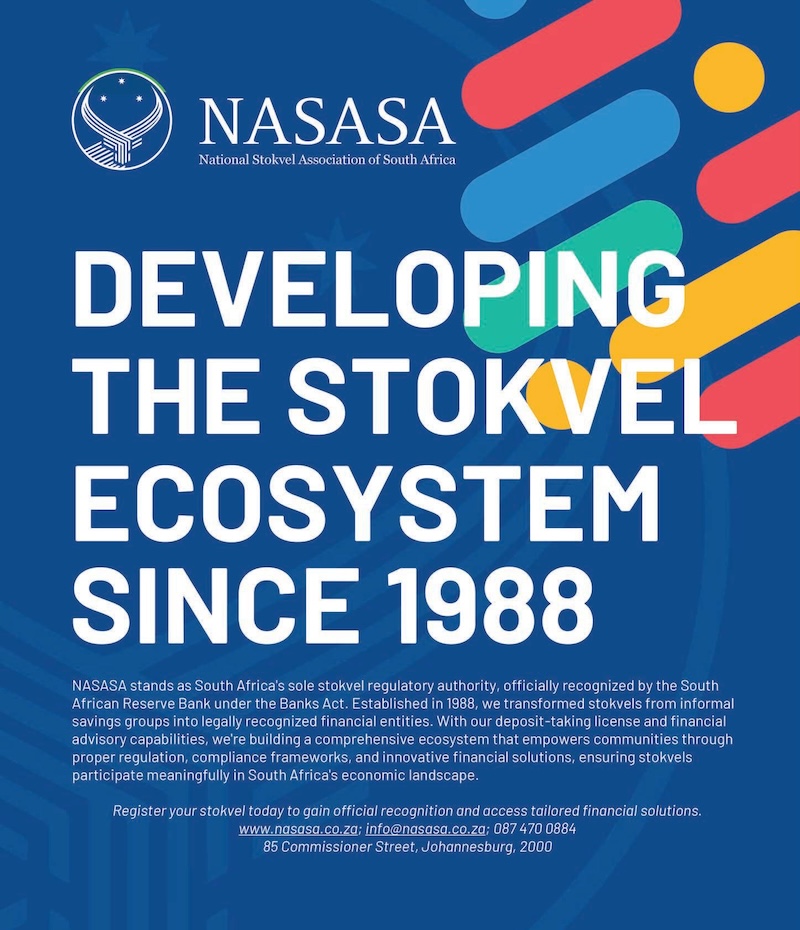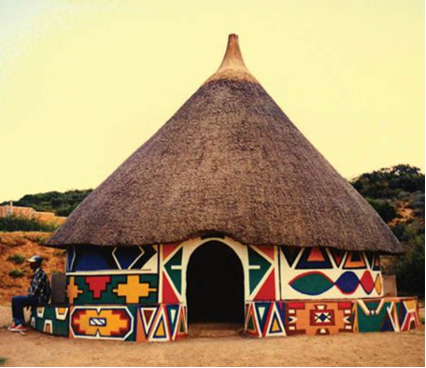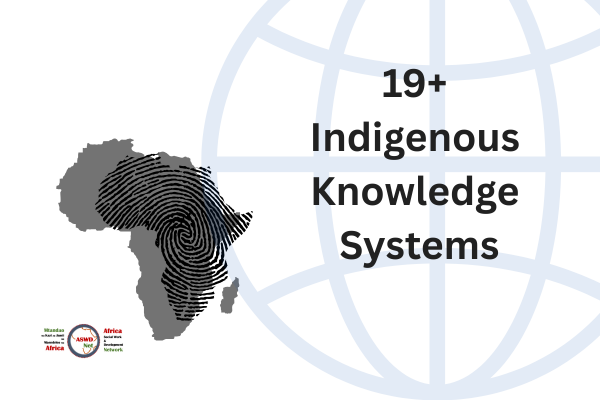
Disputed elections and challenges of the democracy project in Africa

In August 2023, two countries in Africa, Zimbabwe (23 August) and Gabon (26 August) had presidential elections. Both elections were disputed and were said to have failed the democratic test. The elections in Zimbabwe were heavily criticised locally, regionally and internationally. The main opposition party, the Citizens Coalition for Change (CCC) rejected the election of Emmerson Mnangagwa citing voter intimidation, impartiality of the electoral commission and suppression of voters which resulted in lower voter turnout. Mnangagwa was sworn in as President in spite of all the complaints, most of which were also reported by local, regional and international observers. Important to note that the President’s first term in office followed a publicly and globally supported military coup that toppled Robert Mugabe (Mnangagwa’s mentor) who was President of the country for close to 40 years.



In Gabon, the elections were mainly criticised locally for unfair constitutional changes, and the global community had accepted a third seven year term for Ali Bongo, whose family ruled the country for 55 years starting with his father Omar (a supporter of Françafrique) who ruled from 1967 until he died in office in 2009. Ali suffered a stroke in 2018, but instead of giving up power, he continued with the support of his wife Sylvia, a French citizen who promoted Françafrique, was working to have her son become the next president, instead of promoting the ‘democratic’ ideas that her country of origin claims to stand for. She faced opposition from members of the Bongo clan, the opposition parties, the military and citizens, who argued that the son was not really Gabonese and that maintaining a corrupt family rule was not right. This resulted in a coup which was led by General Brice Oligui Nguema (pictured below), a member of the Bongo clan. The General was sworn in as President and the West was silent and in agreement. When Sylvia was arrested, she claimed she and her son were French and sued the Gabonese government in France!



There are several questions that could be asked:
- Why the democratic test has different standards? For example, the elections in Gabon were accepted by the West for 55 years in spite of their shortcomings.
- Is the military wrong if they intervene where democracy has failed? In Zimbabwe there was a military coup in 2017 and Gabon had a coup in 2023. In both cases, the public welcomed the coup.
- If democracy is suppressing the will of the people as was reported in both Zimbabwe and Gabon, and this has happened for several years, is there something wrong with it as a project transplanted to Africa from the West?
- How has democracy worked in the West? The case of Donald Trump and the disputed violent elections in America is a recent example. The low participation of women is another example in the West. And the fact that in Germany Angela Merkel was Chancellor for 16 years from 2005 to 2021 is another example.
Learn about social work in Gabon and Zimbabwe using the links below
Improvement of social services (health, education, food/agriculture, economy, housing, social welfare/security, physical security etc) depends on good leadership at all levels of government, including the presidency. Good leaders share resources efficiently, promote production and recognise marginalised groups, including women, indigenous people of the country and more importantly, is people-centred.
Your message has been sent to ASWNet
Use the form below to subscibe to Owia Bulletin.
Discover more from Africa Social Work & Development Network | Mtandao waKazi zaJamii naMaendeleo waAfrika
Subscribe to get the latest posts sent to your email.




UN General Assembly Speech
His Excellency, Mamadi Doumbouya, President of Guinea
21 September 2023
French language statement available at https://gadebate.un.org/sites/default/files/gastatements/%5Bvariable%3Acurrent_session%5D/gn_fr_0.pdf
Statement summary
MAMADI DOUMBOUYA, President of Guinea, said that his continent was hit by an epidemic of military putsches, particularly in the French-speaking countries south of the Sahara. “Everyone condemns them, sanctions them and is disturbed by the sudden emergence of this phenomena that we thought was over,” he said. “To remedy the problem, we must look at the root causes,” he asserted, adding that “the putschist is not only the one who takes up arms to overthrow a regime”. The real putschists are those who cheat to manipulate the texts of the Constitution in order to stay in power eternally. Highlighting his efforts to prevent his country from descending into complete chaos, he said “the institutional rectification to which my brothers in arms and I took our responsibilities on 5 September 2021 was only a consequence of that chaotic situation which ended up tearing apart the social fabric of my country”.
The transitions underway in Africa are due to several factors, including broken promises, lethargy of the people and leaders tampering with the Constitution with the aim of remaining in power, he said. Today, African people are more awake than ever and more determined than ever to take their destiny into their own hands. Voicing concern over the unequal distribution of wealth which creates endless inequalities, famine and poverty, he said: “When the wealth of a country is in the hands of an elite while newborns die in hospitals due to lack of incubators, it is not surprising that […] we are seeing transitions to respond to the profound aspirations of the people,” he said.
Noting that Africa is suffering from a governance model that has been imposed on it by the West, he said: “We are all aware that this democratic model that you have so insidiously and skilfully imposed on us after the La Baule summit in France (…) does not work.” The various economic and social indices demonstrate this plain and clear, he asserted, adding that “this is not a value judgment on democracy itself”. This model — “detrimental” to the economy and the local processing of Guinea’s natural resources — has contributed to maintaining a system of exploitation and plunder of its resources. He also denounced national leaders who have often been granted democratic labels based on their capacity to sell off the resources and property of their people.
“The transition that I lead has chosen to focus methodically on clear objectives in a precise order: the social, the economic and the political,” he pointed out. The Sahel is going through one of the most serious crises in its very long history. In this context, he stressed that the Economic Community of West African States (ECOWAS) must stop getting involved in politics and favour dialogue. “The African people are tired, exhausted of the categorizations with which everyone wants to box us in,” he said, declaring: “We are neither pro- nor anti-American, neither pro- nor anti-Chinese, neither pro- nor anti-French, neither pro- nor anti-Russian, neither pro- nor anti-Turkish […] we are simply pro-African.” “It is time to stop lecturing us, to stop treating us with condescension, like children,” he said, underscoring that the international community must look at Africa with new eyes.